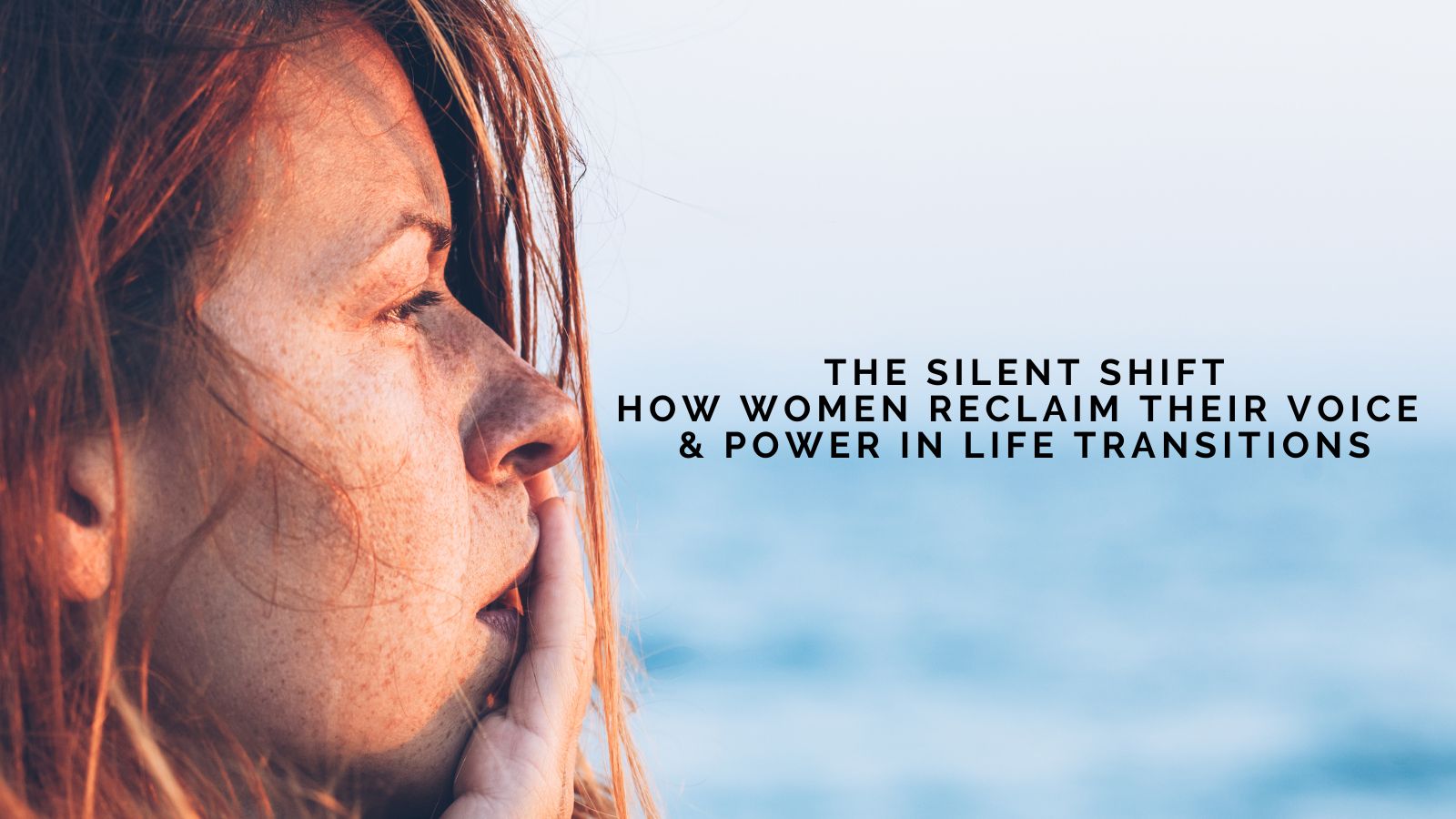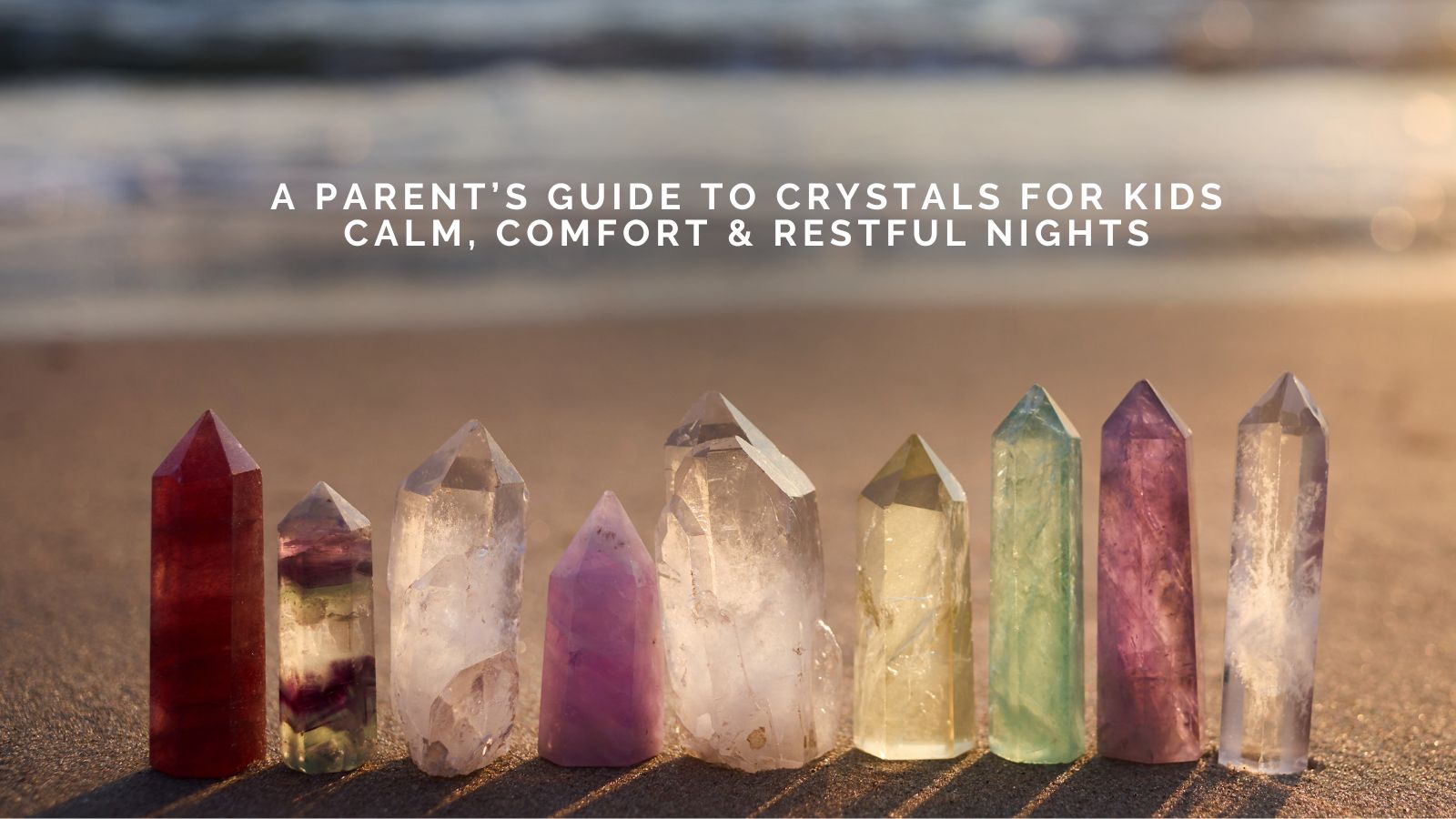
I didn’t notice the silence at first.
It crept in slowly—between the demands of caregiving, the weight of grief, and the noise of everybody else’s needs. I kept showing up. Kept doing the next right thing. But somewhere between motherhood and mourning, leadership and laundry, my voice lost its weight. Not my literal voice. My inner one, the one that used to name desires without guilt and make decisions without delay.
I didn’t stop speaking. I just stopped saying what mattered most.
For many women, silence doesn’t show up as quiet, it shows up as compliance. We say yes out loud while whispering no on the inside. We meet deadlines but miss ourselves. We become fluent in responsibility while slowly forgetting the language of our own needs.
This isn’t a pity story. It’s a pattern. One I’ve lived and helped others interrupt.
The Tension of Transition
Transitions are life’s most honest truth-tellers. They ask us to release who we were, grieve what we’ve lost, and decide who we’re becoming. And unlike the carefully curated timelines we post online, real transitions are messy. They’re non-linear. They demand a different kind of strength, the kind that’s rooted in self-awareness, not self-sacrifice.
As women, we often hold the roles of nurturer, fixer, builder, peacemaker. But when life shifts, when a marriage ends, a loved one passes, a job disappears, or our children no longer need us in the same way, we can find ourselves standing in rooms we don’t recognise, wondering: Who am I now?
That question, while scary, is also sacred.
Finding My Way Back to Voice
The journey back to my voice wasn’t dramatic, it was deliberate.
I began noticing the disconnect between how I was living and how I was longing. I paid attention to the places where I felt most drained, and the moments when my body told the truth before my mouth did. I realised that I didn’t need to find a new voice. I needed to own the one I already had.
For me, that meant becoming:
Specific about what I value—not what others expect
Owned in my story—releasing the need to perform perfection
Uniform in how I show up—not one version of me for work and another for home
Natural in my delivery—unfiltered, unforced
Direct in my communication—clear without being harsh
These weren’t branding terms. They were becoming terms. Each one helped me tune in, turn up, and speak from the centre of my soul rather than the corners of my circumstances.
Dear Sister, You’re Not Alone
If you’re reading this and feel like your voice has gone missing too, let me say this: it’s not gone. It’s waiting.
It’s waiting for the moment you decide to pause, not because you’re broken, but because you’re brave. It’s waiting for the moment you choose to stop managing everyone else’s expectations and start honouring your own evolution.
You don’t have to shout to be heard. You don’t need a stage to be seen. Sometimes the most powerful sound you’ll ever make is the quiet decision to speak your truth, especially when you’re the one who needs to hear it most.
So write the words. Say the prayer. Ask the question. Set the boundary. Reclaim the ritual. Reimagine the rhythm.
And remember: you’re not starting over.
You’re starting deeper.
_-_2025-08-20T025506.723.jpg)


 - 2025-08-20T025506.723.jpg)

















